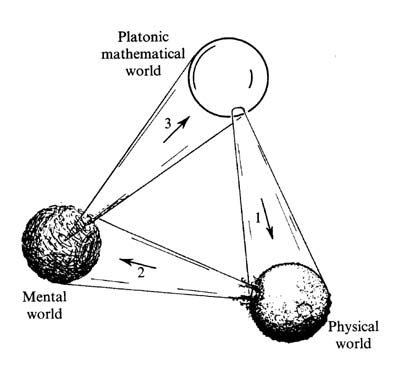Phillip wrote:Honestly, I just read the part you posted. I'll try to take a closer look at his blog later this week. At a glance he seems to have a good educational background in the subject (better than me) and to be pretty active in writing against Christianity (which doesn't mean that his analysis couldn't be accurate). His basic facts seem to be ok, its the interpretation and spin on those facts that I would question. There are other ways, and to me more impartial ways, of reading the same historical evidence that leads to very different conclusions, as the quotes I posted earlier would suggest. I would at least caution that his views are not neccesarily representative of other prominent scholars in the field.
Are you still interested in this discussion? I listened to the lecture from a Teaching co course. It’s # 7 out of 36 lectures..and is about ½ hr. I don’t think I’ll transcribe the whole lecture but rather type out the notes which come with the course. For now I’ll just give the brief synopsis given by the course for Ch 7. I also downloaded a book with a chapter by R. Carrier addressing specifically this topic of whether Christianity was the cause of science in the middle ages and up to today. Once you’ve read Carrier’s blog and let me know if there is anything there you disagree with and if you are still interested I’ll type up the notes to the chapter by Goldman..but again it won’t be until Sunday. After which I'll then address some of your points in your current posts and new points made in new posts.
Great Scientific Ideas That Changed the World - By Prof. Stephen L. Goldman, Lehigh University
Lecture 7
Universities Relaunch The Idea of Knowledge
Scope: "Schooling is not unique to a text-based culture, but it is necessary, because writing must be taught and, as Socrates observed, because texts must be explained, clarified, and interpreted. The university was invented in the 12th century as the “ultimate” school: not merely a higher level school but a community of scholars pursuing knowledge for its own sake. The text-based intellectual culture of Greece and Rome and, subsequently, of Islam made medieval university inevitable once the desire to process that culture arose. It made the Greek idea of science, in both the generic and specific senses, central to Western European cultural life. From the 12th to the 16th centuries, universities created a population of educated people exposed to Classical, Islamic, and contemporary mathematical, philosophical, medical, and scientific texts. Universities thereby made available to the founders of modern science intellectual “tools” they used to create modern science."

